Recent studies suggest that ants, traditionally seen as simple creatures, possess the ability to recognize themselves in mirrors. This finding challenges the conventional understanding of self-awareness, demonstrating that even some of the smallest beings in the animal kingdom exhibit complex cognitive capabilities.
The Science Behind Mirror Tests
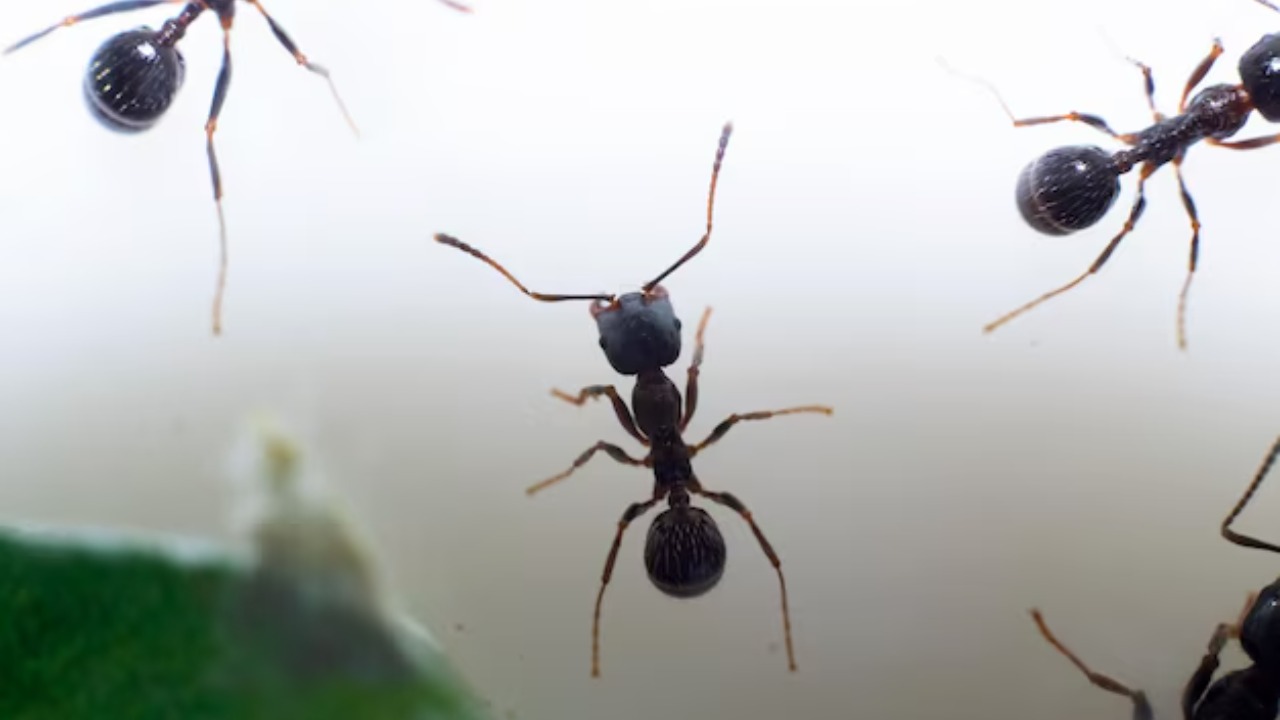
Mirror self-recognition tests are a widely used measure of self-awareness in animals. By observing whether an animal can recognize itself in a mirror, researchers can infer levels of cognitive complexity and self-consciousness. These tests have historically been significant as they provide insights into the mental lives of different species. Initially, only a few animals, such as primates and dolphins, were known to pass these tests, suggesting a higher tier of cognitive abilities.
The historical context of these tests underscores their importance in the field of animal cognition studies. The ability of an animal to pass a mirror test has often been linked to higher intelligence and consciousness. Researchers have been intrigued by the cognitive capacities of various species, and the mirror test serves as a benchmark for understanding these capabilities. Other animals known to pass the mirror test include certain birds and elephants, broadening the scope of what we consider intelligent species.
Ants and Self-Recognition: A Groundbreaking Discovery
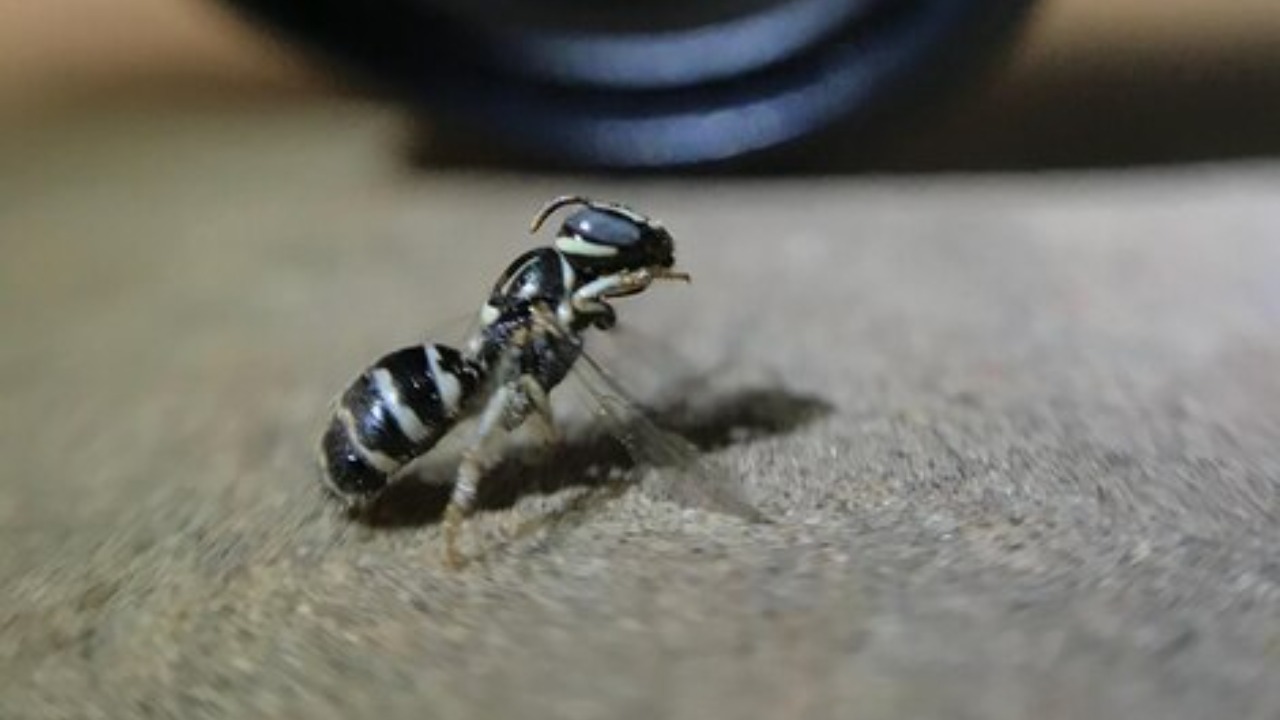
The discovery of self-recognition in ants marks a groundbreaking moment in animal cognition research. Researchers employed a meticulous methodology to test ants for self-recognition, often involving placing a colored dot on the ant’s body in a position only visible via a mirror. Observations were made on whether the ants used the mirror to inspect and try to remove the dot, indicating self-awareness.
The behaviors observed in ants were strikingly similar to those seen in animals previously known to pass mirror tests. Ants were seen engaging in activities that suggested a level of self-recognition, such as grooming the area where the mark was placed when viewed in a mirror. This behavior is a strong indicator of self-awareness, placing ants in a unique position compared to other invertebrates. For more on this topic, you can view the study here.
Implications for Our Understanding of Cognition in Invertebrates
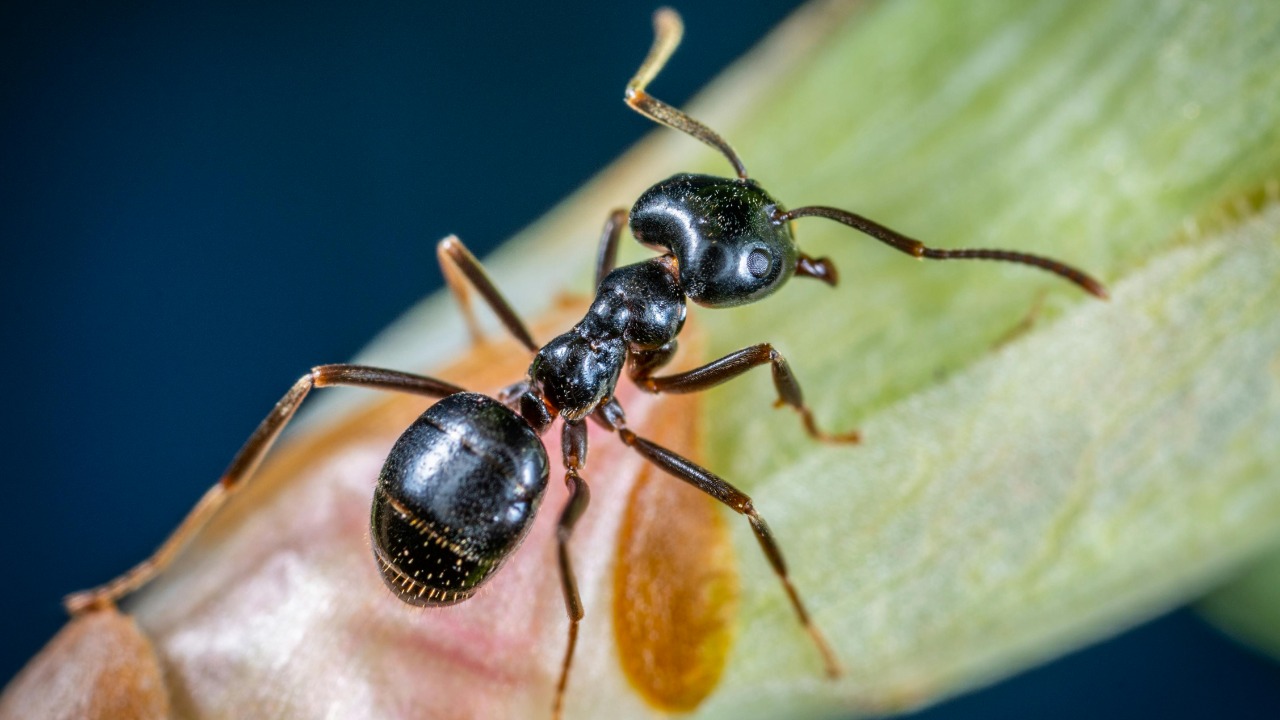
This finding challenges the traditional hierarchy of animal intelligence, where invertebrates have typically been seen as less cognitively capable than vertebrates. The ability of ants to recognize themselves in mirrors suggests that self-awareness might not be exclusive to larger-brained animals. This could mean that other invertebrates might also possess similar cognitive abilities, which were previously underestimated.
Understanding cognition in invertebrates opens the door to reevaluating the complexity of the animal kingdom. If ants, with their relatively simple neural architecture, can exhibit signs of self-awareness, it raises questions about the potential cognitive abilities of other small creatures. This discovery compels us to rethink our assumptions about intelligence and consciousness, possibly reshaping the discourse around animal cognition and consciousness. For more insights, see the full analysis.
The Role of Ants in Changing Perceptions of Intelligence
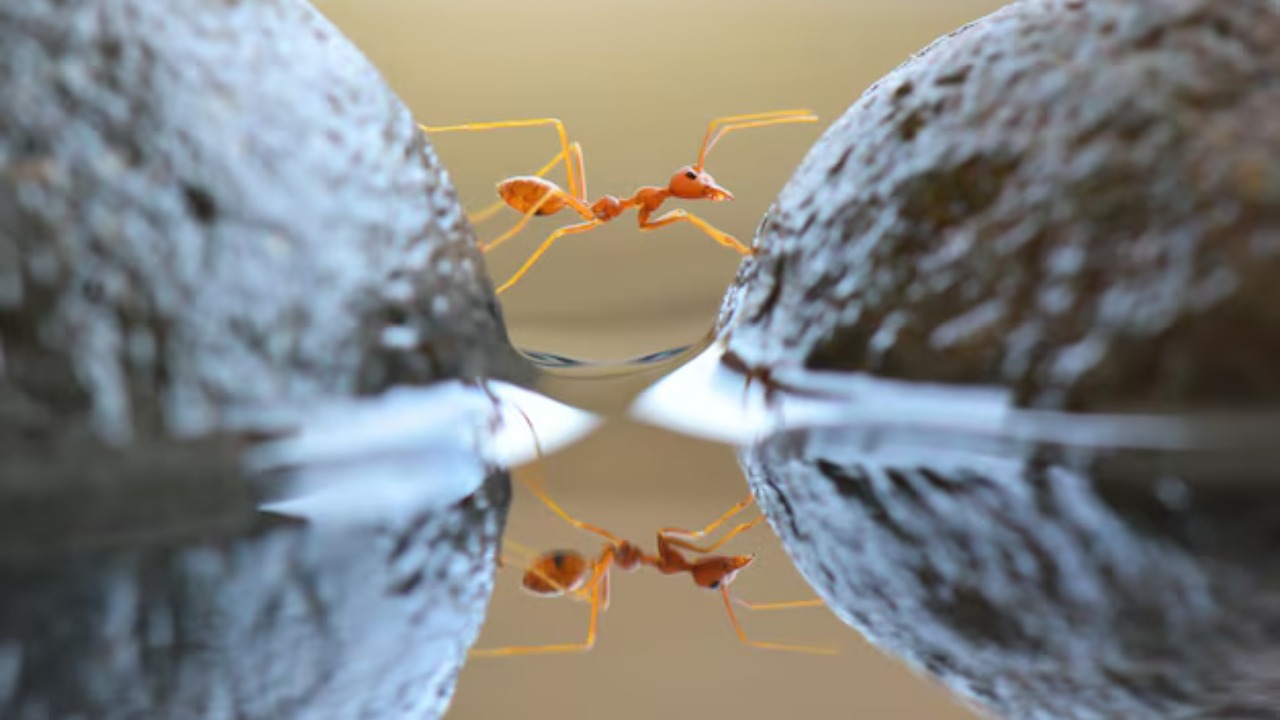
The discovery of self-awareness in ants could significantly shift public perception of insects and their cognitive abilities. Often dismissed as simple organisms, ants are now seen in a new light, showcasing abilities akin to those of more complex animals. This newfound appreciation for their cognitive capabilities may influence how we view and interact with these creatures.
Ants have long been admired for their complex social structures and problem-solving abilities, which align with self-awareness. These findings might also impact conservation efforts, leading to ethical considerations regarding insect life and their treatment. This paradigm shift in understanding could promote greater respect for all forms of life, recognizing the intricate cognitive abilities even in the smallest creatures. For further reading, visit Sentient Media.
Future Research Directions in Animal Cognition
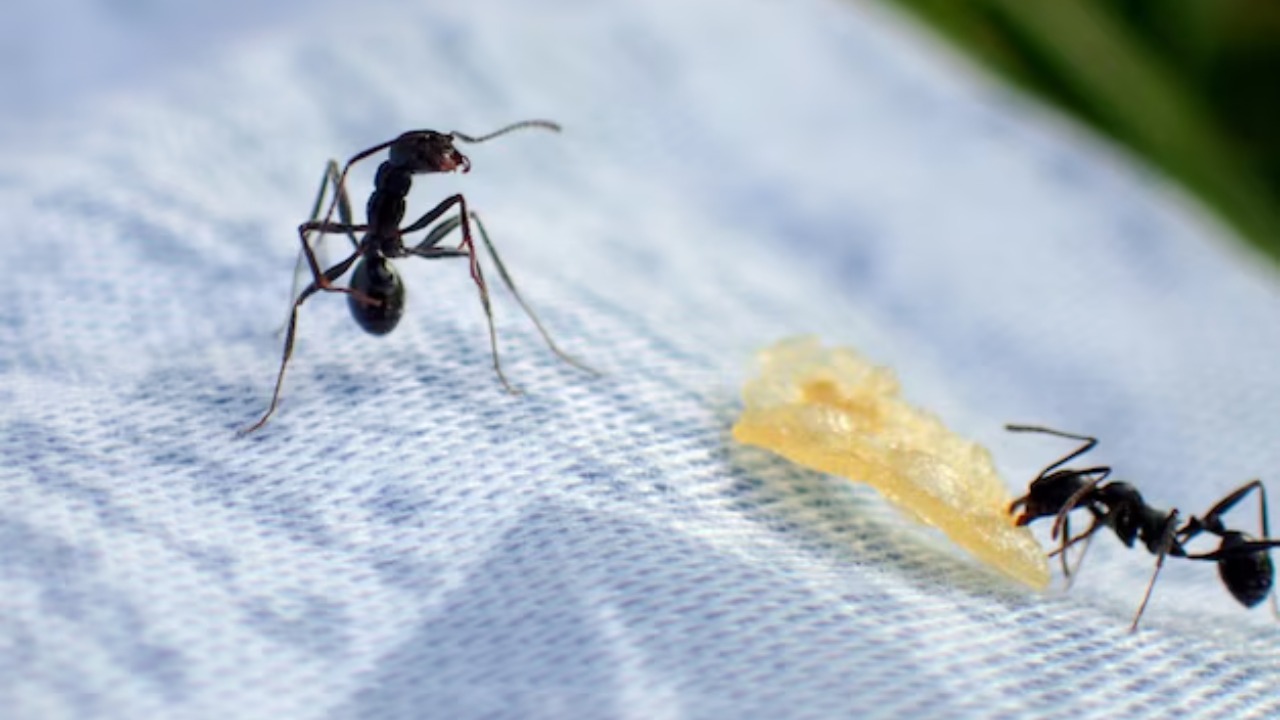
The discovery of self-awareness in ants opens new avenues for research into animal cognition, particularly among invertebrates. Upcoming studies are likely to focus on exploring similar cognitive abilities in other small creatures, potentially uncovering a broader range of intelligent behaviors than previously thought.
Technological advancements could play a crucial role in aiding deeper exploration of invertebrate cognition. Tools like advanced imaging and tracking technologies might offer more detailed insights into the neural workings of these creatures. The importance of interdisciplinary collaboration cannot be overstated, as it will be key in advancing our understanding of animal intelligence. For more on the latest research, check out the latest updates.